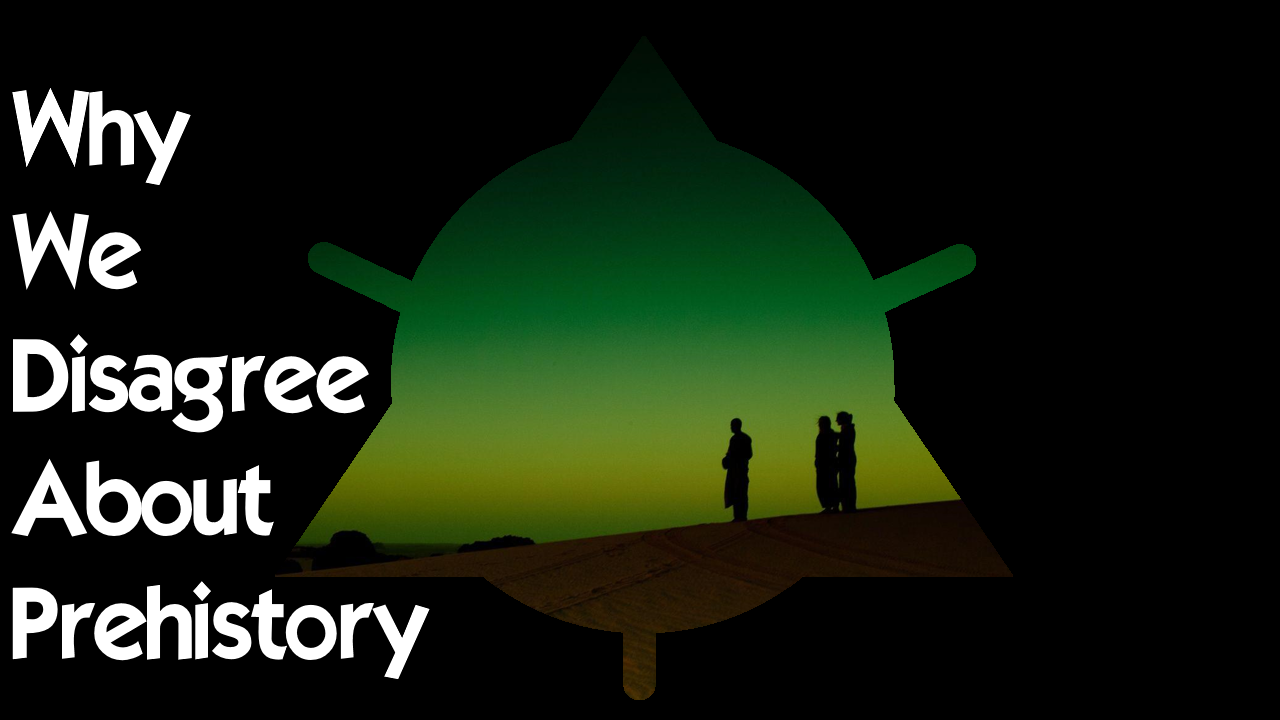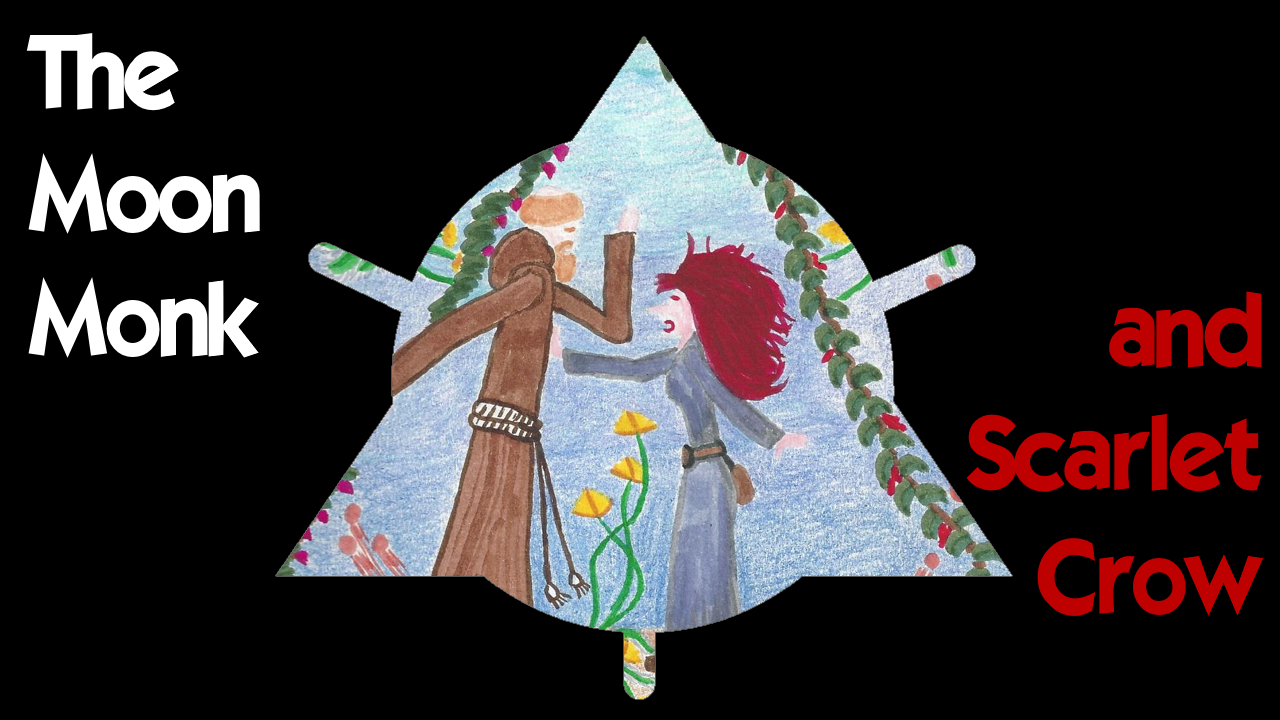[Why We Disagree About Prehistory] [History] [Pre-History] [Biogeography] [Article]
Biogeography, why we can’t seem to agree on history. – And With those numbers I rolled, I’m doing history this week—specifically prehistory.
Prehistory is traditionally understood as a time before writing and is one of the most controversial times of historical debate. Stick with me to the end, and I can help you understand why some aspects are so controversial and how to achieve intellectual peace concerning this.
Remember what I said about how prehistory is a time before writing? It’s very tricky even to say that definition. Writing is like characters, symbols, and alphabets that contain meaning beyond their form. We would not traditionally think of artwork like paintings or sculptures as writing. Yet it’s difficult to understand the line between cave paintings and writing. When does the image of a cave painting become abstract enough to transform like a Chinese character or an Egyptian hieroglyph? Many cave paintings, like those found in Australia, are highly abstract. Some images could be considered a form of writing, a proto-writing system, or a mix of iconography and hieroglyphs. This is one of the thousands of historical arguments about how humans came to be, how humans formed, and how civilizations first rose. Google how many missing links have been found, and it’s terrifying.
As an author, botanist, historian, and gamer, biogeography naturally appeals to me. I also teach college-level classes; one of my future courses is biogeography. Combining life with the land and watching how these things change over time excites me. While compiling my notes that will eventually become the critical aspects for my lectures, I noticed that the “Undisputed Facts” quote on quote were mildly, minimally debated in the Reinance, medieval, classical, and ancient history periods human history. Generally speaking, people have to get into college classes, aiming for their master’s or Ph.D. to really get into many of these arguments. Modern history and pre-history are the two historical periods that generally receive the most criticism, and these debates happen at the level of the general public. If you want to get a textbook for your class, it’s a nightmare. The average textbook can take 2-5 years to develop. Every year, discoveries often upturn or modify what we already know. Even if everything goes right, and one can make a textbook in two years, It is out of date before it even gets published. Prehistory and modern history / current events are most likely to change. For this video, I will be focusing on ancient history, not so much modern history.
The first big reason why history is controversial is its temporal position. Many historians gather material like artifacts, fossils, soil layers, diaries, tax forms, and more to gather data and make conclusions based on that data. It’s like trying to assemble a puzzle with 1000 pieces; at least 20% of the pieces are destroyed and forgotten by time. With Roman history, there are so many artifacts that you can reasonably infer what’s in the gaps. Prehistory is a time before writing. It’s a time when if humans lived then, there were far fewer artifacts of their life. The fragments that ancient, classical, medieval, renaissance and early modern people leave behind last longer than and maintain their integrity. Bronze, Iron, and Steel all last longer than bone and wood. Stone tools break down easier, more likely to be lost to time. We have more reason to doubt our understanding of the most forgotten past than any part of history. How confident would you describe the complete picture of a 1000-piece puzzle with the dog eating a few, your friends losing a few, a few more getting thrown away accidentally, and you only have 13 of a 1000 left?
The second big reason I would classify as theoretical standards. What is a human at their base level? Stripped of civilization, what exactly is a human capable of? Let me tell you a story. It’s the 1950s. Many Western scientists and historians thought that humans were naturally good and evolved from chimpanzees. Because humans were naturally good, this also meant that chimpanzees also had to be naturally good. Now imagine Jane Goodall is presenting her research on chimps, suggesting that many traits that humans have, chimps also have. She and her fellow researchers were disturbed. Chimps can be kind to themselves, their family, and some strangers. However, chimps also can be brutal, killing family, strangers, and exhibit behavior implying that they enjoy inflicting suffering on others. When this evidence came out, people hated it. Those that believed that humans came from chimps and were naturally good experienced cognitive dissonance. They either had to believe that humans did not come from monkeys, or they had to believe that humans have a natural streak of evil. By the 1970s, most people changed their minds, thinking that chimps are capable of evil and we inherited it, evolving from chimps. Some even became religious, seeing a need for a higher good for humanity. I ask again, what makes a standard, base human? Our political and theological assumptions are often justified by saying, “This is what humans were like back then.” If you start changing prehistory humans, you start changing the theoretical standard of what a human actually is.
So how does one avoid the controversies in prehistory? I will tell you what I am doing for my class and what anyone can do—first, Limits on the artifacts. I won’t try to speculate with artifacts, only estimates. If I have a piece of fossilized conifer pollen, and it’s large and healthy looking, I can easily estimate what family of plants it came from. I can estimate that the tree was healthy. I have to speculate on what the tree had for genes or what genes the pollen grain could have passed on. Once someone finds cedars in the fossil record, their pollen shape is rather similar to the cedar pollen grains of the modern day. People can cross reference fossils with what is still around to expand their understanding. However, two cedar trees of the same species may have slightly different traits. A single tulip species can hold so much variety in gene expression that one can make over 100 varieties! Sure, we can find conifer pollen, but we don’t know what those trees looked like in detail, we don’t know what genes were expressed, and we don’t know specific regional traits. The first way to avoid controversy is to stick to what you can know for sure.
The second thing is not avoidance of theoretical standards as many suggest, but consequence cycles. Rather than getting someone to be less of a doomer, or optimist, change beliefs, ask what and why. Based on our artifacts, what do you believe about humanity? Why do you think that is the correct answer? If everyone is born with some evil, does that change how you treat your parents or kids? If everyone has a little good inside, does that change how you work with your annoying boss? If humanity needs to survive in groups, what does that say about introverted tendencies? If introversion makes people live in situations where it’s harder, does that mean extroversion is a higher moral virtue for humans? Is it natural to think that given enough time, extraverted people will clump together and eventually form larger and larger groups that eventually become a civilization? The goal is not to change their mind or yours. The goal is to consider whether you are willing to accept the consequences of your actions played out across time and space. For my students, I will point out that there are different conclusions and the consequences of what they hold as accurate. They decide to believe, I hope that with my instruction, they will decide that they won’t regret it.
If you like my work, please subscribe to my subscribestar at J. J. Bartel. Let me know what your thoughts on all this. Until next time let’s cultivate some greatness.




Well presented! It really appeals to me that you are not pushing a specific agenda as to having all the right answers, but instead proposing everyone come to their own conclusions based on the facts and evidence available. Keep writing!